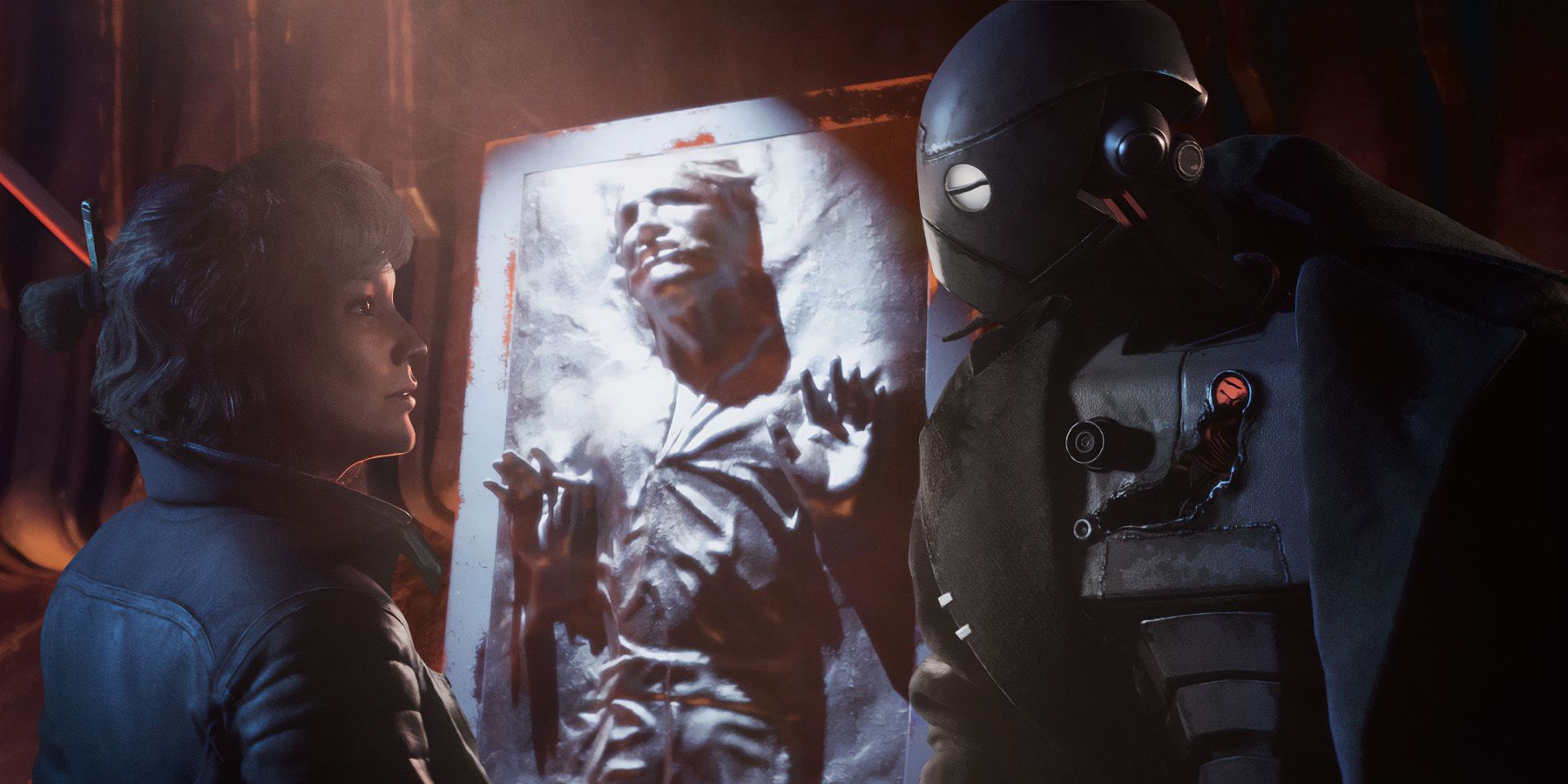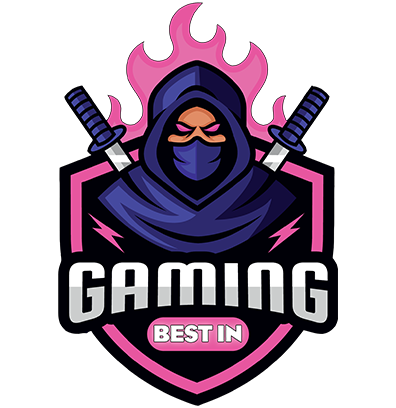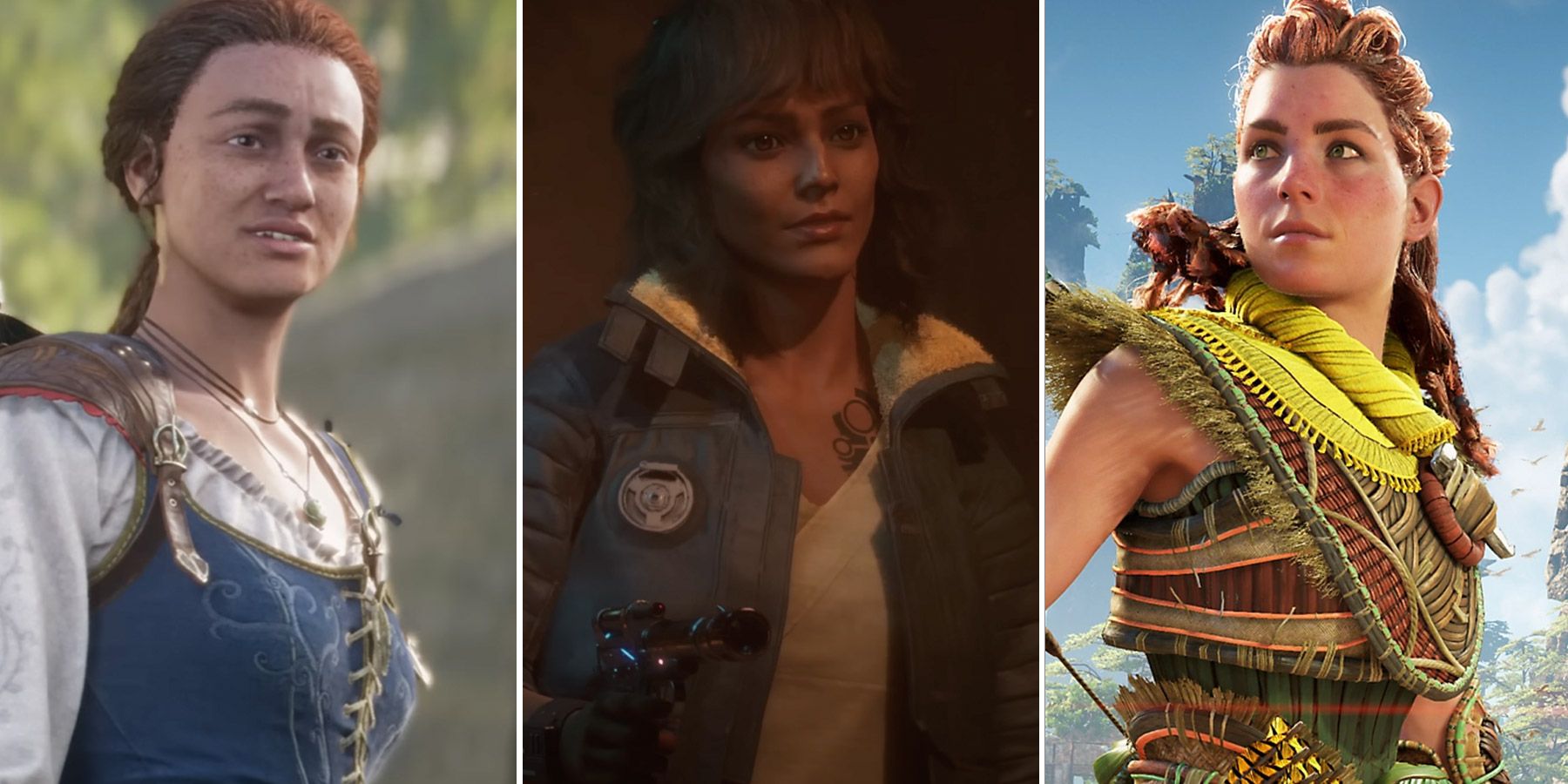Highlights
- Star Wars Outlaws is shaping up to be an entertaining joyride for fans of action-adventure games and Star Wars media.
- Unfortunately, some gamers have been dominating discussion about the title by complaining about “forced inclusivity,” which regularly occurs in games featuring women, people of color, and LGBT+ individuals.
- Scrutinizing female characters’ appearances in games perpetuates sexist stereotypes and reveals a lack of critical thinking. Not only are the complaints disgusting, but they can prove video game critics who dub fans of the medium childish correct in their assessment.
Star Wars Outlaws, the next big game from Ubisoft Massive, is shaping up to be an entertaining joyride for fans of Star Wars media and action-adventure games as a whole. Of course, gaming audiences are somewhat skeptical, with many arguing that Star Wars Outlaws will fall victim to Ubisoft’s predatory pricing and monetization practices. But all in all, optics for the project are fairly positive—that is, if one ignores the cauldron of sexist and reactionary responses to the game online.
Sadly, online gaming spaces appear to be getting more and more polarized, metamorphosing into a collection of radical ideas, many of which are fueled by hate, anger, and frustration instead of passion, positivity, or productive and thoughtful criticism. Some of the most acidic gaming discussions, at least recently, center on topics like “wokeness” and “forced inclusivity,” terms that many use to decry games that star women, people of color, LGBT+ individuals or members of an otherwise marginalized group. For this group, these games are preachy, dogmatic, and promote a liberal agenda, even if they lack any sort of abject political messaging. Star Wars Outlaws is a recent example of this sort of discussion, but it’s far from the first.
Star Wars Outlaws May Be Letting On More About Its Game Structure Than You Think
The recent story trailer for the upcoming Star Wars Outlaws may have subtly let on much more about the game’s structure than it needed to.
The Out of Touch Female Protagonist Lambasting Rages On
Ever since Horizon Forbidden West was revealed back in 2021, intense discussion has been swirling about the appearance of certain female video game protagonists. In the case of Horizon, many gamers took to social media to critique protagonist Aloy’s character model, describing her as “masculine” and using specific screenshots of her face to support this point. These gamers scrutinized Aloy’s facial features, “lack of curves” and even minute aspects like the peach fuzz on her face—something that would be viewed as an impressive technological feat and laudable attention to detail in a male character. While the Horizon-specific toxicity has smoldered a bit in the wake of Forbidden West‘s release, Aloy is still among the most commonly cited characters for bad actors criticizing “wokeness” in western gaming.
History repeated itself after Fable‘s gameplay reveal, which sparked yet another wave of unjustified outrage over the appearance of the female protagonist. Apparently, this rendition of the customizable in-game hero was not deemed attractive enough for the anti-woke social media task force, who were quick to point out her perceived physical shortcomings, bombing the reveal trailer with dislikes and angry comments about how the hero’s appearance is somehow a sign of “wokeness.”

Star Wars Outlaws is Treading Dangerous Waters with Han Solo
With the beloved scoundrel Han Solo having now appeared in two trailers for the upcoming Star Wars Outlaws, he could be more than just a cameo.
Star Wars Outlaws Is the Latest Victim of Absurd, Sexist Criticism
Time presses onward, but the barrage of sexist commentary surrounding female characters in games appears to remain constant. Kay Vess, the hero of Star Wars Outlaws, is now having her appearance picked apart, with several social media reactionaries lamenting her apparent unattractiveness, citing it as a sign of some nebulous, unspecified liberal agenda. Much of this criticism seems to stem from the perceived discrepancies between Kay’s character model and Humberly Gonzalez, the actress she is modeled after. Those attacking the game argue that Massive Entertainment intentionally made Kay less attractive than Gonzalez.
Modeling a video game character after a real person is an extremely common practice in the games industry: it helps the character’s appearance seem more believable, improves motion-capture accuracy, and, when the character is played by a recognizable actor like Keanu Reeves or Norman Reedus, injects star power and marketability into a game. At the same time, it’s just as common, if not more so, to make changes to the way a character model looks. Notable examples of this would be Martin Sheen in Mass Effect 2 and Sam Witwer in Days Gone; both of these actors play characters who resemble them, but the final products are altered to better fit the spirit of the character and story the developers are trying to portray. This is to say nothing of the countless A-list actors, including J.K. Simmons, Carrie-Anne Moss, and Jeffrey Wright, who have character models that are completely different from them; there was no controversy about any of these decisions.
Star Wars Outlaws, Fable, and Horizon Criticism Is Not Only Problematic, but Nonsensical
With so many upcoming games starring women, there’s hope for a more egalitarian and inclusive games industry, but it’s hard to escape rampant sexism in gaming communities online. The ridiculous comments about how “women should look” from gamers online is a sad reminder of this fact. Indeed, the intense scrutinization of the female body and the demand that it caters to male ideals of beauty and sexuality is a tired old chant, predating video gaming by centuries. To make matters even more frustrating, the ‘controversy’ of these targeted female characters makes absolutely no sense.
Kay Vess is a space-faring outlaw; Aloy is an expert warrior and world traveler; the hero of Fable is a superpowered chosen one in a tongue-in-cheek fantasy story. In none of these contexts would any of these characters be required to be conventionally attractive, period. In fact, their beauty should not even be a matter of discussion—it certainly isn’t for male characters. The unintentionally hilarious edits made by these angry gamers, depicting ‘beautified’ versions of characters like Aloy, show how lacking in intellectual rigor and critical, contextual thinking these anti-wokeness arguments are.
And not that it matters, but so many of these “ugly” female characters actually adhere to stereotypical, mainstream beauty standards, making these inflammatory criticisms even more confusing. More than anything, though, the hate leveled at characters like Vess and Aloy is embarrassing, low, sexist, and disheartening; women should be able to be in video games as more than just eye candy. The long-enduring stereotype of gamers as hateful, maladjusted men with poor social skills is one that countless gaming fans have tried to overcome, focusing on games as enriching and moving works of art. Throwing a fit over female characters not being attractive enough reeks of desperation, immaturity, and a general misalignment of life priorities. Moreover, it proves virulent anti-gamers, those who view the medium as a childish waste of time, correct in their assessments.
Star Wars Outlaws
Massive Entertainment’s Star Wars Outlaws is an in-development game that will be published by Ubisoft. The sci-fi franchise’s first full open-world project, Outlaws follows Kay Vess and is set during the Imperial Era. Announced for PC and ninth-generation hardware, the game is expected to drop in 2024.
- Released
- August 30, 2024
- Publisher(s)
- Ubisoft , Lucasfilm Games

